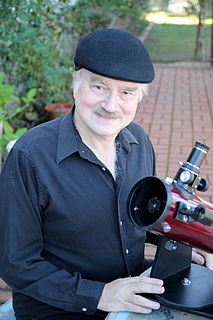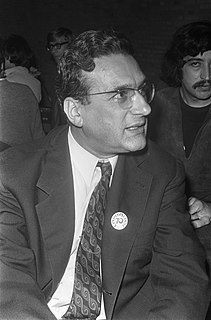A Quote by George Monbiot
Almost all systems of economic thought are premised on the idea of continued economic growth, which would be fine and dandy if we lived on an infinite planet, but there's this small, niggling, inconvenient fact that the planet is, in fact, finite, and that, unlike economic theory, it is governed by physical and biological reality
Related Quotes
Contrary to popular belief, we do not face a choice between economy and ecology, It is often said that protecting the environment would constrain or even undermine economic growth. In fact, the opposite is true: unless we protect resources and the earth's natural capital, we shall not be able to sustain economic growth.
There are fundamental tensions between the biological reality of the planet and the economic reality. To some extent you can adapt the economy, create a new set of rules and incentives to send it down a better track, but finally people in the first world are going to have to consume a whole lot less.
I do agree that the science is not settled on this. The idea we would put Americans' economy in jeopardy based on scientific theory that is not settled yet to me is nonsense. Just because you have a group of scientists who stood up and said this is the fact... Galileo got outvoted for a spell. To put Americans' economic future in jeopardy, asking us to cut back in areas that would have monstrous economic impact on this country is not good economics and I would suggest is not necessarily good science.
Russia and China have maintained that people prize stability over freedom and that as long as the central State creates conditions for economic growth, people will be complacent and will be willing to literally sell away their rights. In fact, this very economic growth will eventually catch up with these regimes.




































